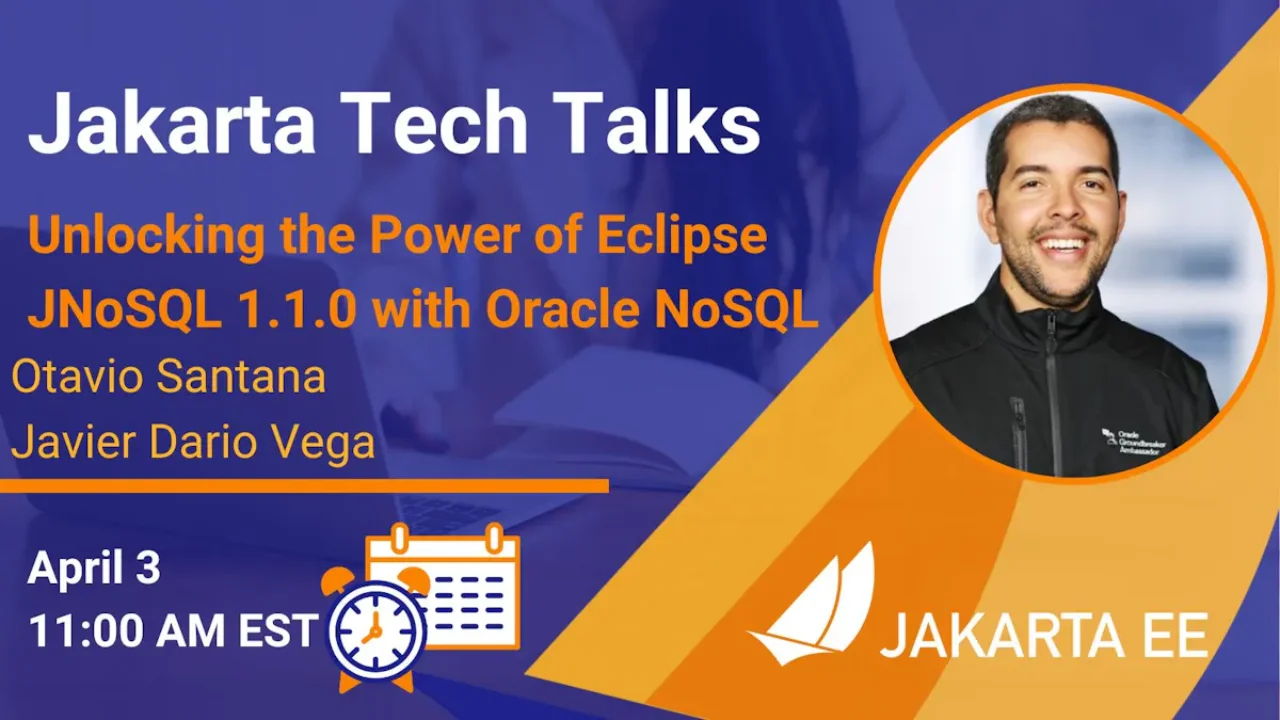In the ever-evolving landscape of database technologies, NoSQL databases have gained significant traction for their flexibility, scalability, and performance. These databases offer a compelling alternative to traditional relational databases, especially in scenarios involving large-scale data storage and processing. With the release of Eclipse JNoSQL 1.0.2, Java developers now have a powerful tool at their disposal to harness the full potential of NoSQL databases seamlessly.
Understanding Eclipse JNoSQL
Eclipse JNoSQL is an open-source Java framework that provides a standardized approach to working with various NoSQL databases. It offers a unified API that abstracts the differences between different types of NoSQL databases, allowing developers to switch between database technologies effortlessly. Whether you’re working with document-oriented databases like MongoDB, key-value stores like Redis, or graph databases like Neo4j, Eclipse JNoSQL simplifies database interactions, enabling rapid development and integration.
Key Features of Eclipse JNoSQL 1.0.2
The latest release of Eclipse JNoSQL, version 1.0.2, introduces several enhancements and features aimed at improving developer productivity and flexibility:
Read more: choice home warranty george foreman | Comparing CISSP Salaries: How Experience and Location Influence Earnings
1. Comprehensive NoSQL Database Support
Eclipse JNoSQL supports a wide range of NoSQL databases, including:
- Document-oriented databases such as MongoDB, Couchbase, and Apache Cassandra.
- Key-value stores like Redis, Amazon DynamoDB, and Apache Ignite.
- Column-family databases such as Apache Cassandra and Apache HBase.
- Graph databases including Neo4j and OrientDB.
This extensive support allows developers to choose the right database technology for their specific use case without being tied to a single vendor or technology stack.
2. Unified API
One of the standout features of Eclipse JNoSQL is its unified API, which abstracts the complexities of working with different NoSQL databases. By adhering to a common set of interfaces and conventions, developers can write database-agnostic code that can seamlessly switch between different database technologies without requiring significant code changes. This abstraction layer simplifies database interactions and promotes code reusability across projects.
Read more: Accelerate innovation By Shifting Left Finops: part 5 | Thavana Monalisa Fatu – Rikishi Daughter: Age, Family, And Siblings
3. Object Mapping
Eclipse JNoSQL provides built-in support for object mapping, allowing developers to map Java objects directly to NoSQL database documents, records, or nodes. This simplifies data modeling and persistence, eliminating the need for manual conversion between Java objects and database representations. With Eclipse JNoSQL’s object mapping capabilities, developers can focus on writing clean, object-oriented code without worrying about the underlying database schema.
4. Reactive Programming Support
Version 1.0.2 of Eclipse JNoSQL introduces support for reactive programming, enabling developers to build asynchronous and non-blocking applications with ease. By leveraging reactive extensions and reactive stream implementations, developers can write highly scalable and responsive applications that can handle concurrent requests and data streams efficiently. This makes Eclipse JNoSQL well-suited for modern, event-driven architectures and microservices-based applications.
Getting Started with Eclipse JNoSQL
Getting started with Eclipse JNoSQL is straightforward, thanks to comprehensive documentation and tutorials available on the project’s website. Developers can quickly integrate Eclipse JNoSQL into their Java projects using popular build tools such as Maven or Gradle. Once integrated, they can leverage the framework’s powerful features to interact with NoSQL databases in a familiar and intuitive manner.
Conclusion
With Eclipse JNoSQL 1.0.2, Java developers now have a versatile and robust framework for working with NoSQL databases seamlessly. Whether you’re building web applications, microservices, or big data solutions, Eclipse JNoSQL empowers you to leverage the flexibility and scalability of NoSQL databases without sacrificing developer productivity. By providing a unified API, object mapping capabilities, and support for reactive programming, Eclipse JNoSQL simplifies database interactions and accelerates application development.
